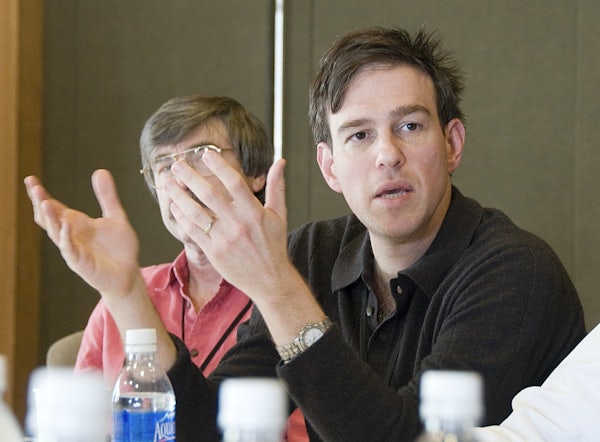Raspberry Pi Trading
At the moment, this company is wholly owned by the Raspberry Pie Foundation.
For clarity, tell us the distinction between the foundation, which you run, and the trading company that Eben Upton presides over, and how they work in conjunction with each other. The Raspberry Pi Foundation is a UK-registered charity with an educational mission and Raspberry Pi Trading Limited is a wholly owned subsidiary of the Foundation. That means that the Foundation is the shareholder of the trading company, which is an independent, commercial business. That distinction is really important because there are limits on what charities can do commercially. For example, a charity couldn't sell computers that are used in industry, which is a huge part of the Raspberry Pi computer business now. I lead the foundation and I also serve as a director on the board of the trading company. As you said, Eben Upton leads the trading company. [source]
So it will be interesting to see how much control the Foundation has if/when the trading company goes public.
